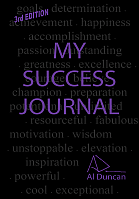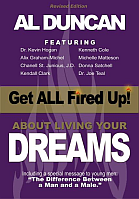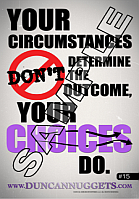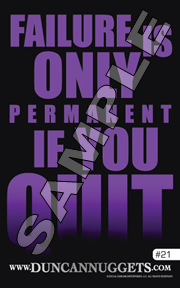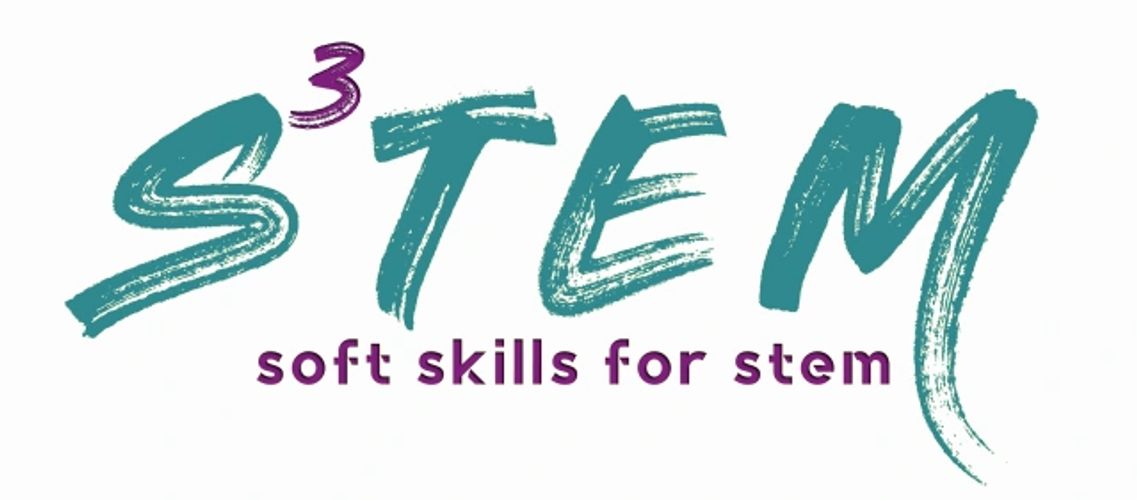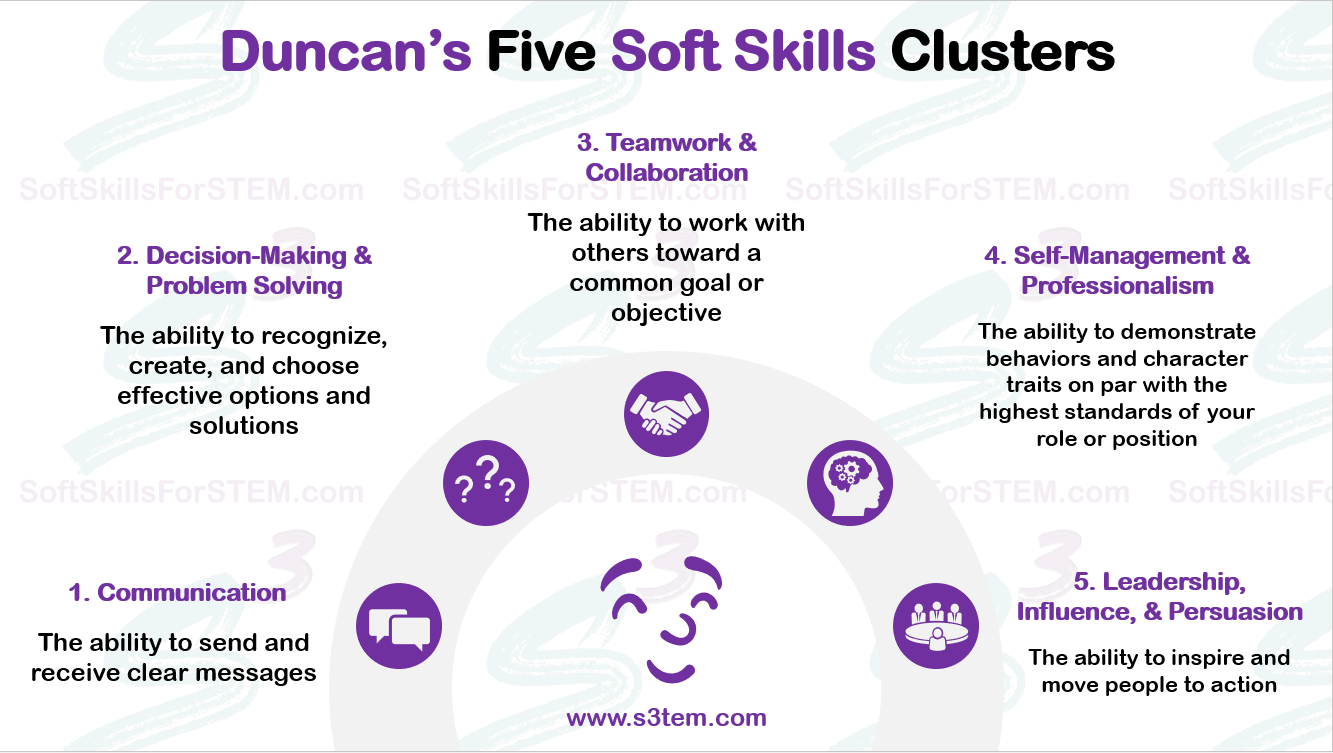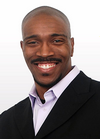The Young And Exceptional™: Adora Svitak
Adora Lily Svitak is an American child prodigy and internationally published author, known for her essays, stories, poems, blogs, and full-length books. In 2010 Adora spoke at the prestigious TED Conference and she is one of the organizers of TEDx Redmond.
Recently, I interviewed Adora and her answers (below) were insightful. And some were funny too!
____________________________
Adora, you believe that young people should be able to control their learning experience. What exactly do you mean by that? What aspects should they be in control of and how can educators and youth workers facilitate the process?
I think it’s important for young people to have more ownership and independence in our learning process. Right now, what, when, how, and why we learn is dictated for us mainly by adults, and I think it sends the wrong message about learning—that you need to wait for someone else to tell you to do it, that you can only do it in the “right” place or time—learning doesn’t have boundaries, so why do we make education so defined by them?
When it comes to giving students more control, I think we should emphasize youth voice within schools (setting up more panels, integrating students’ opinions and insights in the decisions that affect us). We should also allow for greater integration of students’ own passions and recognize our extracurricular learning within school (i.e., could I get an independent study class credit for my writing and speaking? A lot of the learning we do is outside of school, yet it often isn’t recognized).
When it comes down to it, I think it’s about realizing that learning is a two-way street; all the teachers I’ve asked have said they’ve learned as much from their students as they’ve taught, and that’s a powerful thing to recognize.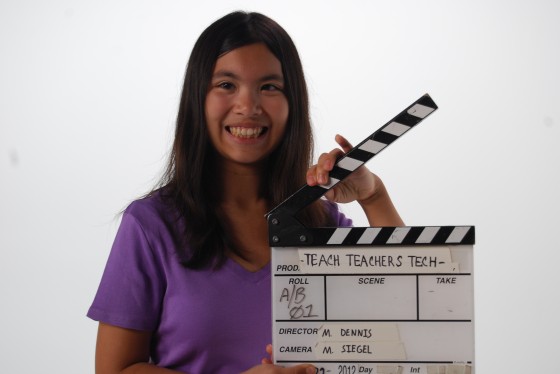
I know that you are big on using technology in the classroom. Although I share your viewpoint on this, in my travels I often find myself working with schools and youth organizations that are severely underfunded. They have very little or no access to certain types of technology. In your experiences, have you taught or worked with any institutions or organizations like these? How did you work with them? What do you recommend these organization do to help build a love of reading and writing in their young people?
I am an education technology advocate for the opportunities it provides, and the walls it breaks down—with the internet, you can connect with the world. But I don’t advocate introducing technology for the sake of introducing technology, and I also don’t think you have to get the most new-fangled, expensive things. In fact, I make a point of advocating technology that’s free and easy to use and implement–things like Google Docs, Skype, wikis, Dropbox, etc.
When it comes to building a love of reading and writing, technology isn’t the answer; it can definitely help (I know that my writing took off after my mom got me my laptop, which empowered me to type up my ideas practically as fast as they came to me), but it’s about making sure that students understand the worth and power of their own stories, and others’–why they should read and write in the first place. And you can do that successfully with a pen and paper or a laptop.
An unfortunate situation that I encounter far too often is a “smart kid” being bullied or ostracized simply because he or she works hard to be successful. Have you ever experienced this yourself? How do you deal with haters?
I don’t know anyone on a personal level who hates me, and I’ve luckily never encountered any bullying; there were definitely some negative comments on my TED Talk and my other speeches, as well as pieces I’ve published online, but I try not to let that get to me. Most of the time people who are extremely critical have jumped to uninformed conclusions, and rationally I just react with “they don’t know me, so I shouldn’t be bothered by their judgments.” I have to admit though–I can ignore the comments on the TED talk pretty easily, but comments on my writing hit home a little more…I responded to almost every single negative comment on my Huffington Post opinion piece “Would You Buy This For Your Daughter?” until it got too exhausting. It was maybe a bit extreme, but I felt some satisfaction.
You’re TED talk was awesome! How do you deal with the pressure of giving a speech at such a prestigious event? What advice would you give to another young person who has to do some public speaking?
I was twelve, so I was a lot less nervous (the nervousness seems to get worse with age, unfortunately).
True!
Nevertheless, it was really intimidating…a few moments before, I was in the green room with James Cameron (yes, the director) and Sir Ken Robinson, whose TED Talk on creativity is a classic, so I was definitely feeling the “oh my gosh this is one heck of an audience” pressure. In some ways though that helped me, because I drew a lot of energy from the audience.
My advice to any other young people doing public speaking: remember, the audience may have the most severe poker faces throughout, but they probably love it–don’t let your confidence get affected by the reactions you assign to them. Facial expressions can be scary, but misleading! 🙂 Don’t be afraid to venture from the script (some of the most awesome moments are ad-libbed); and there’s no such thing as failure, because let’s face it, getting up and standing in front of that many people is pretty awesome in and of itself.
What is the best advice you’ve ever gotten? Where did you get it from and what makes it so valuable to you?
I’ve gotten a lot of great advice. Probably one of the best pieces of advice I’ve ever gotten has been from a good friend who told me (paraphrasing a lot here) “When it really really hurts, keep running. When it hurts some more, keep running. When it hurts again, keep running. When it hurts again…fine, run for ten more minutes and then stop.” The message of persistence and strength of will is pretty awesome, and it’s definitely inspired some persistence in me in a lot of things. 🙂 It’s one of the only things I can think of right now probably in large part because I just finally accomplished an under-eight-minute mile, haha…
Ha!
I once heard you say, “Writing is the mark you make on the world so make sure that it is a mark you can be proud of.” I completely agree with that statement. What mark are you making on the world?
The mark I’m making on the world is indeed comprised, at the root, of my writing—whether my fiction work, poetry, articles, opinion pieces, or speeches. I like to think that the mark I’m making on the world is a little incomplete, but hopefully even in its state in flux, it’s something I can be proud of. Now I just need to go write the next 50 Shades of Grey and completely change that…just kidding. 😀
In all seriousness, I write not only because it’s amazing and fun and an integral part of who I am, but because I want to give voice to stories worth telling–whether mine or many others’, to audiences of one or audiences of many. So though the context of my quote was a presentation on editing (thus the “make sure it’s a mark you can be proud of”), I think it’s also a pretty good explanation of my motivation in life.
Thanks, Adora!
Your welcome, Al. And thanks for interviewing me.
__________
Hey! Are you a positive, high achieving young person? Would you like to be interviewed by me? Do you know any positive, high achieving young people I should interview?
I’m looking for outstanding young leaders, professionals and entrepreneurs to feature in my new Q&A interview series called The Young And Exceptional™. If you would like to be featured in this series please fill out the form located here. Be sure to include a short bio (less than 100 words) in your message.
